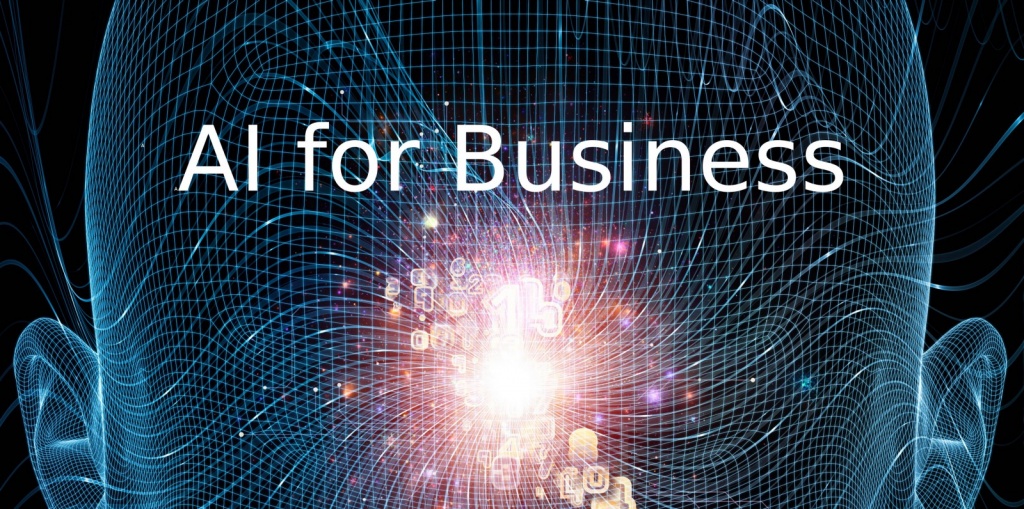
“Artificial intelligence is a set of algorithms and intelligence to try to mimic human intelligence. Machine learning is one of them, and deep learning is one of those machine learning techniques.”
What is Artificial Intelligence (AI)?
AI is a wide-ranging branch of computer science concerned with building smart machines capable of performing tasks the typically require human intelligence.
AI is an interdisciplinary science with multiple approaches, but advancements in machine learning and deep learning are creating a paradigm shift in virtually every sector of the tech industry.
At its core, AI is the branch of computer science that aims to replicate or simulate human intelligence in machines.
How Does AI Works?
Artificial intelligence generally false under two broad categories:
1. Narrow AI
Sometimes referred to as “Weak AI,” this kind of artificial intelligence operates within a limited context and is a simulation of human intelligence.
Narrow AI is often focused on performing a single task extremely well and while these machines may seem intelligent, they are operating under far more constraints and limitations than even the most basic human intelligence.
2. Artificial General Intelligence (AGI)
AGI, sometimes referred to as “Strong AI,” is the kind of artificial intelligence we see in the movies, like the robots from movies like Transformers, Terminator, Star Wars and such.
AGI is a machine with general intelligence and, much like a human being, it can apply that intelligence to solve any problem.
Now, let’s look into these two more in depth:

Narrow Artificial Intelligence
Narrow AI is all around us and is easily the most successful realization of artificial intelligence to date.
With its focus on performing specific tasks, Narrow AI has experienced numerous breakthroughs in the last decade that have had “significant societal benefits and have contributed to the economic vitality of the nation.
A few examples of Narrow AI include:
- Google search
- Image recognition software
- Siri, Alexa and other personal assistants
- Self-driving cars
Artificial General Intelligence
The creation of a machine with human-level intelligence that can be applied to any task is the Holy Grail for many AI researchers, but the quest for AGI has been fraught with difficulty.
The search for a universal algorithm for learning and acting in any environment isn’t new, but time hasn’t eased the difficulty of essentially creating a machine with a full set of cognitive abilities.
AGI has long been the muse of dystopian science fiction, in which super-intelligent robots overrun humanity, but experts agree it’s not something we need to worry about anytime soon.
So, What’s Next?
AI has and will continue to change we see the world, and in some ways help save the world too.
It is predicted that by 2020 the 85% of retail and e-commerce sector will manage customer relationship with their without even interacting with a human.
As it has for a while now, artificial intelligence continues to enhance the world of business for both customers and enterprises.
We just have to wait and see what’s more to come.
To a Greener Planet.







